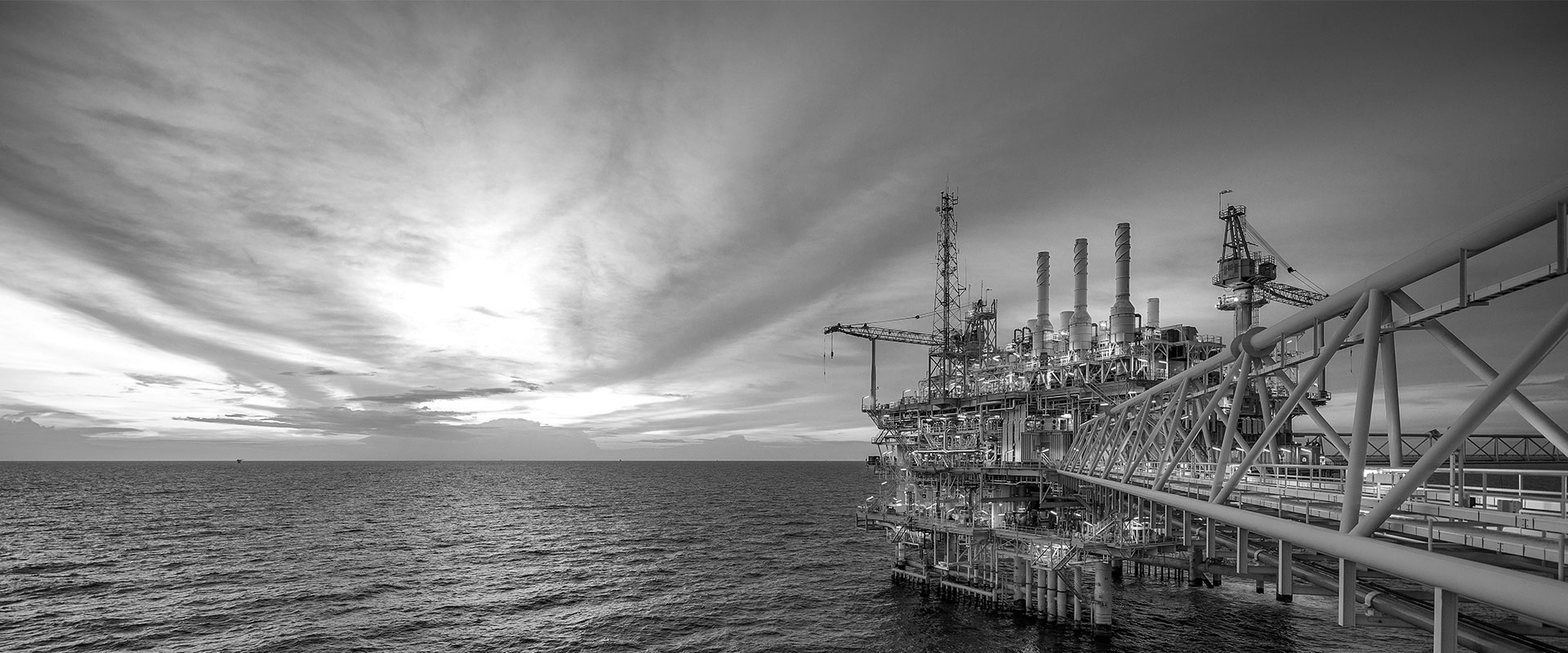12 Dec OWM Jack-Up Rig Potable Water System Cleaning, Disinfection and Inspection
Project
Following a period of cold stacking, we completed a full system review, disinfection and reinstatement prior to mobilisation.
The cleaning and disinfection of potable water storage tanks is a regular process which should be carried out as per company policy and be in line with current regulations. It is sometimes a corrective remedial action, carried out to eradicate or minimize contamination.
Scope
Cleaning and disinfection of four potable water storage tanks
Inspection and disinfection of calorifiers and hyrodphores
Super chlorination and disinfection of accommodation and distribution system
Potable water sample analysis certification for work scope verification
Equipment, including lighting, to be cleaned and chlorinated between potable water storage tanks
Potable water storage tanks to be protected from accidental contamination once opened
Findings and Recommendations
All tanks and gaskets found to be in good condition
Remedial work required to tank coatings to prevent further damage
Degraded sounding tube leading to excess deposits in the tank
Microbiology, legionella and chemical testing reported as satisfactory
Several small rust patches to be addressed before next tank clean
Cleaning and Disinfection Process
Four rig potable water storage tanks were manually cleaned followed by spray disinfection
A potable water storage tank was selected for the system disinfection and filled with a fresh water/AOB biocide mix.
All potable water system components such as tap diffusers, shower heads, calorifers, drinks units, galley and laundry equipment, and filtration were prepared accordingly prior to the super chlorination.
System schematics identified relevant connections which may be affected by a high chlorine levels. These were isolated and hoses disconnected to allow for flushing.
The calorifiers were shut down prior to disinfection, and their temperature reduced to approximately 20 degrees to avoid damage to the elements.
After the super chlorination distribution tank was returned to fresh potable water tank and all outlets flushed until a reserve of the appropriate levels were reached.
Drains, black and grey water tanks were checked constantly to ensure there are no floods/blockages.
Once the fresh potable water has been pulled through all outlets, the distribution system was returned online.
All equipment was reinstated and tested.


